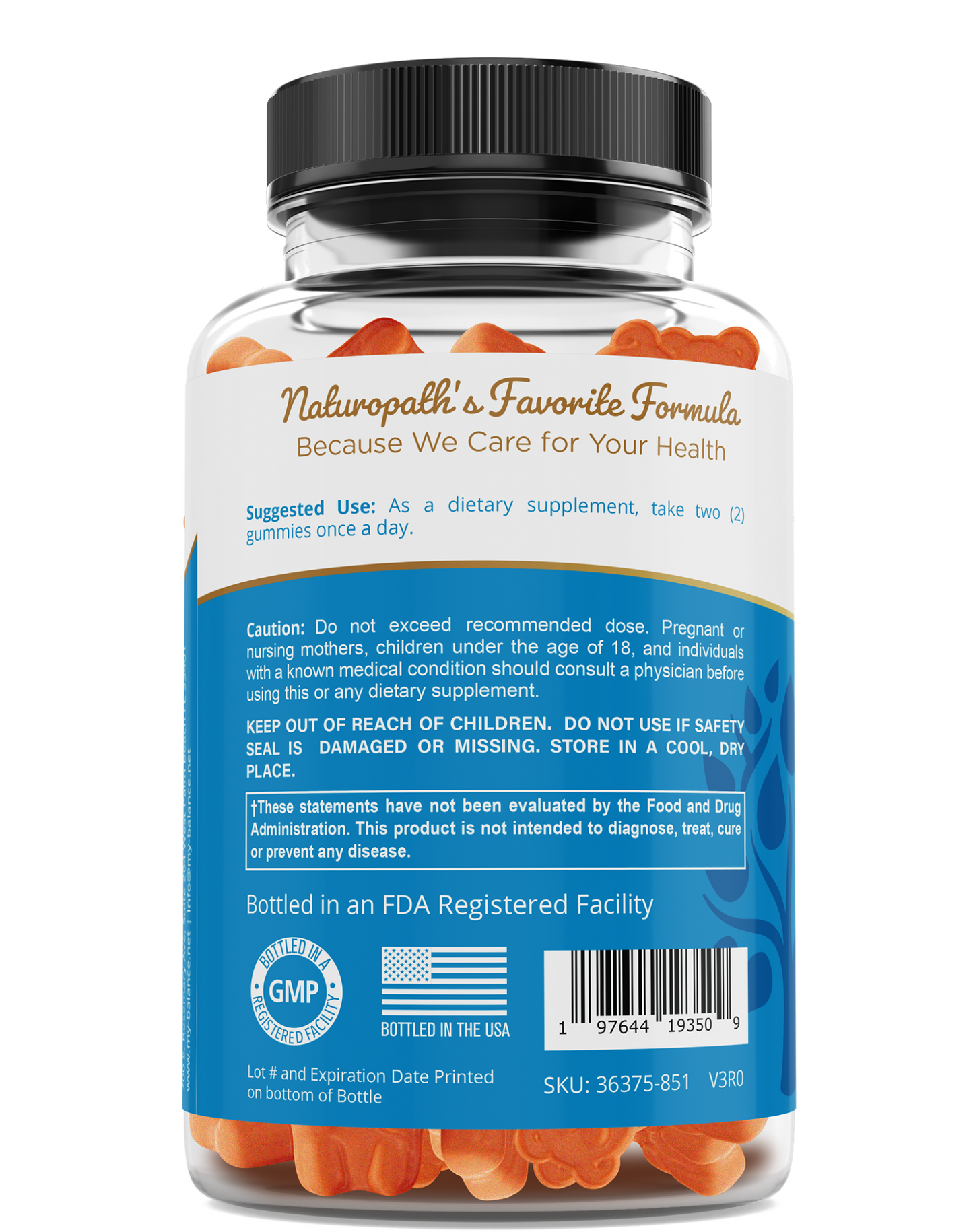¿Tienes una cuenta?
Inicia sesión para finalizar tus compras con mayor rapidez.



Even with the best intentions, busy days, modern diets, and food choices can leave your body missing key nutrients. Multivitamin Gummies are a convenient way to help support your wellness from the inside out—no pills, no fuss, just a simple addition to your routine that helps you feel more balanced and nourished.
Even balanced meals sometimes fall short on vitamins and minerals your body needs each day.
Lack of essential B vitamins and iron can contribute to feeling sluggish or mentally foggy.
Vitamins A, C, D, and zinc play supportive roles in helping your body stay resilient and well.

Discover the power of Multivitamin Gummies, a delicious and convenient way to support your daily health. Packed with essential vitamins and minerals, these gummies help fill nutritional gaps, boost energy, and promote overall wellness—all in a tasty treat that makes staying healthy simple and enjoyable.

Here's What Users Have to Say
Helps support energy, skin, and overall body function.
Biotin, zinc, and vitamin C support glowing skin and healthy nails.
Choline, B12, and inositol help support clarity, focus, and brain wellness.

Vitamin E and C help support the body’s natural defenses.
B vitamins and folic acid help turn food into usable energy.
Vitamin D and minerals help support bone health and muscle function.

Here are the most common questions about Multivitamin Gummies – Daily Boost, designed to help you feel confident about what you’re adding to your daily routine.
Any time of day works! Many people enjoy them with breakfast or lunch so it becomes part of a regular habit.
Yes, these gummies are gentle and can be taken with or without food.
Follow the suggested serving on the label, which is typically 2 gummies per day.
Please check the label for specifics, as formulas can vary. Some use pectin instead of gelatin.
No worries. Just resume your regular routine the next day—consistency over time is key.
In most cases, yes. But if you’re taking additional vitamins or medications, consult your healthcare provider to avoid overlapping ingredients.